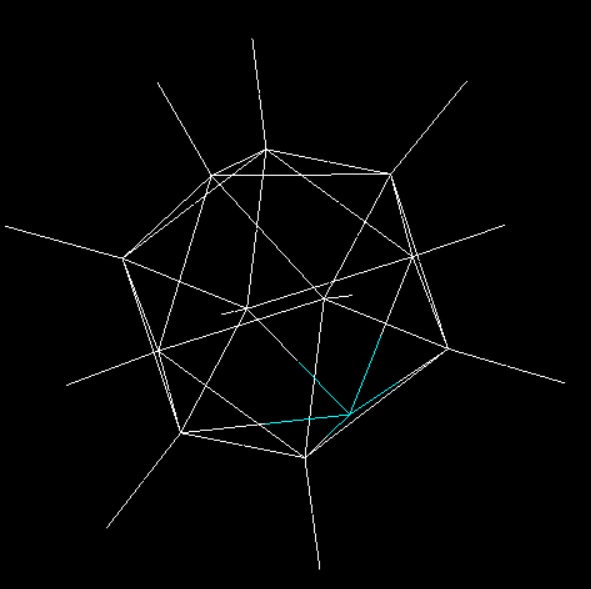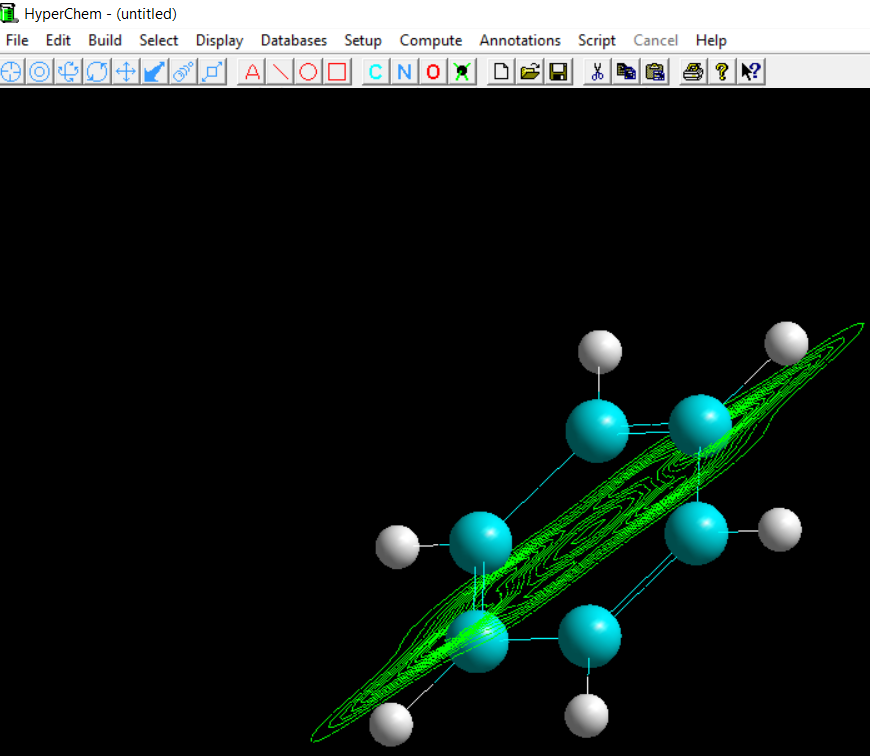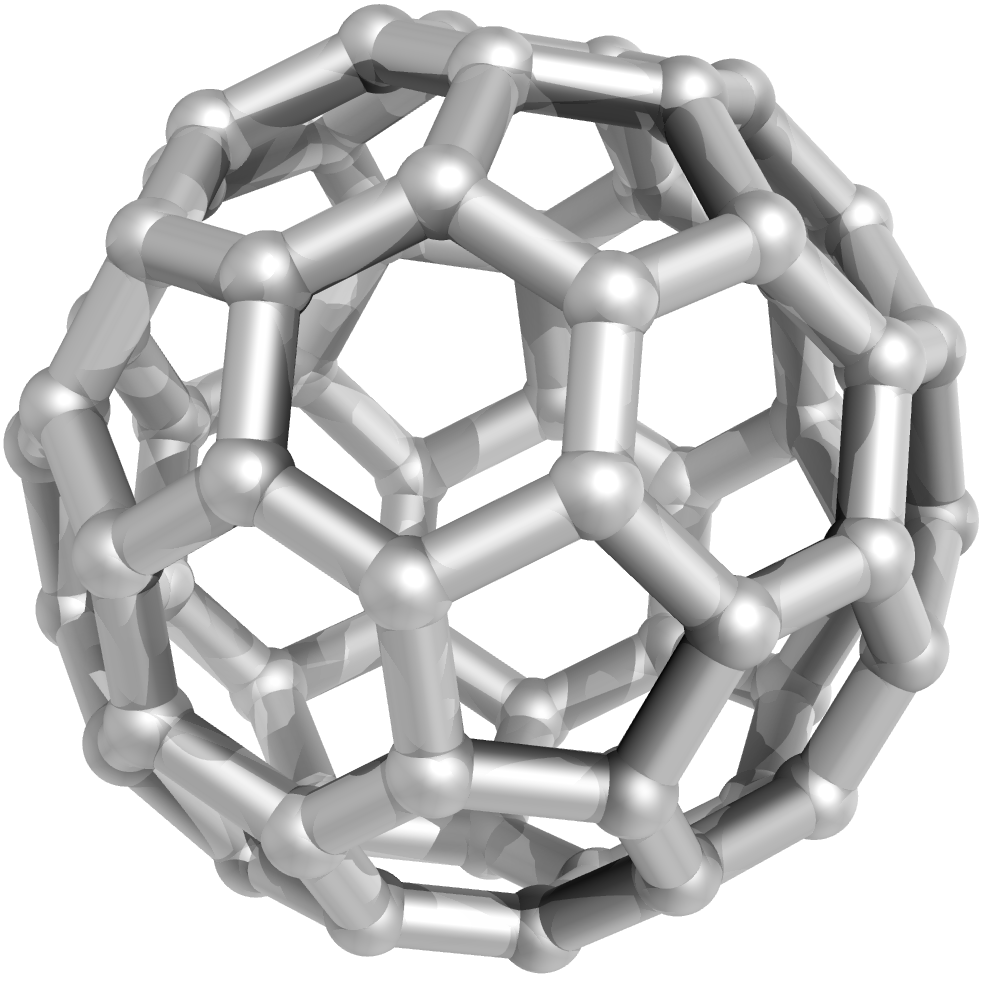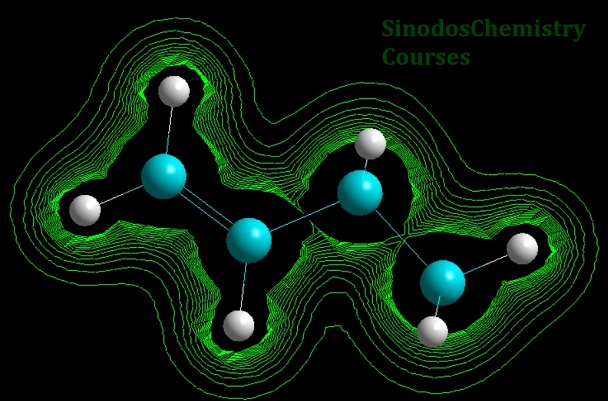HyperChem training for Chemical Engineers

Computational chemistry is a powerful tool for a range of scientists ranging from physicists and chemists to material scientists and every engineer. Computational chemistry offers significant assistance to scientists, as it allows for:
- investigation of material properties
- investigation of physical and chemical processes evolution
- prediction of even unknown compounds and their properties and applications
- predictions of physical, chemical, electronic, mechanical, thermal properties of materials
- optimization of physical and chemical processes
- optimization of composites properties
and many more.
Most importantly, all of the above happen at atomistic level! Computational Chemistry tools have evolved greatly during the last decade. The parallelly occurring growth in computational power of modern computational systems has significantly contributed to this enhancement of efficiency. Nowadays, computational chemistry approaches have substituted laboratory work since they exhibit significant advantages over the latter:
- They require less than 5% of a typical experimental session
- They require less than 10% of the typical experimental costs
- They do not require expensive infrastructure and consumed materials
- They can be carried out even from your house with the aid of just a laptop
- They are extremely fast
- They allow for experimentation even with compounds that have not even been discovered yet
- They allow for discovery of ‘miracle’ compounds [graphene is an excellent example!]

Various computational chemistry packages exist, both commercial and free of cost. This specific course deals with HyperChem and Computational Chemistry principles and has been delivered to more than 60 organizations world wide both on site and as a webinar. Topics that are included in each course include:
- Introduction to computational chemistry
- Examples of applications
- Principles and equations
- Introduction to HyperChem
- HyperChem model building and optimization
- Conformations and configurations of molecules and polymers
- Density Functional Theory
- Ab Initio
- Monte Carlo
- Molecular Dynamics
- Geometry Optimizations
- Prediction of physical properties
- Prediction of chemical properties
- Prediction of optical properties
- Setting up and investigating a physical process [for example binary diffusion]
- Setting up and investigating a chemical process [for example reactive absorption]
- Averaging and graphing

Different courses [depending on the organization’s requests] include:
- Simulation of adsorption on solid porous adsorbents
- Simulation of absorption on ionic liquids or amines
- CO detection and removal
- CO2 capture in microporous carbonaceous materials, imprinted polymers, mesoporous adsorbents and other novel adsorbents
- H2 storage in microporous carbonaceous materials
- Modification of polymeric thermal conductivity
- Modification of polymeric electrical conductivity
- Modification of polymeric mechanical properties
- Examination of global minima and maxima during reaction pathways [kinetics investigations]
- Investigation of reaction thermodynamics
- Mass transfer modification and examinations [combination of HyperChem with large scale Molecular Dynamics such as LAMMPS]
- Contaminants detection via Ionic Liquids [VOCs, mercury, lethal gases, CO, H2S, etc.]

